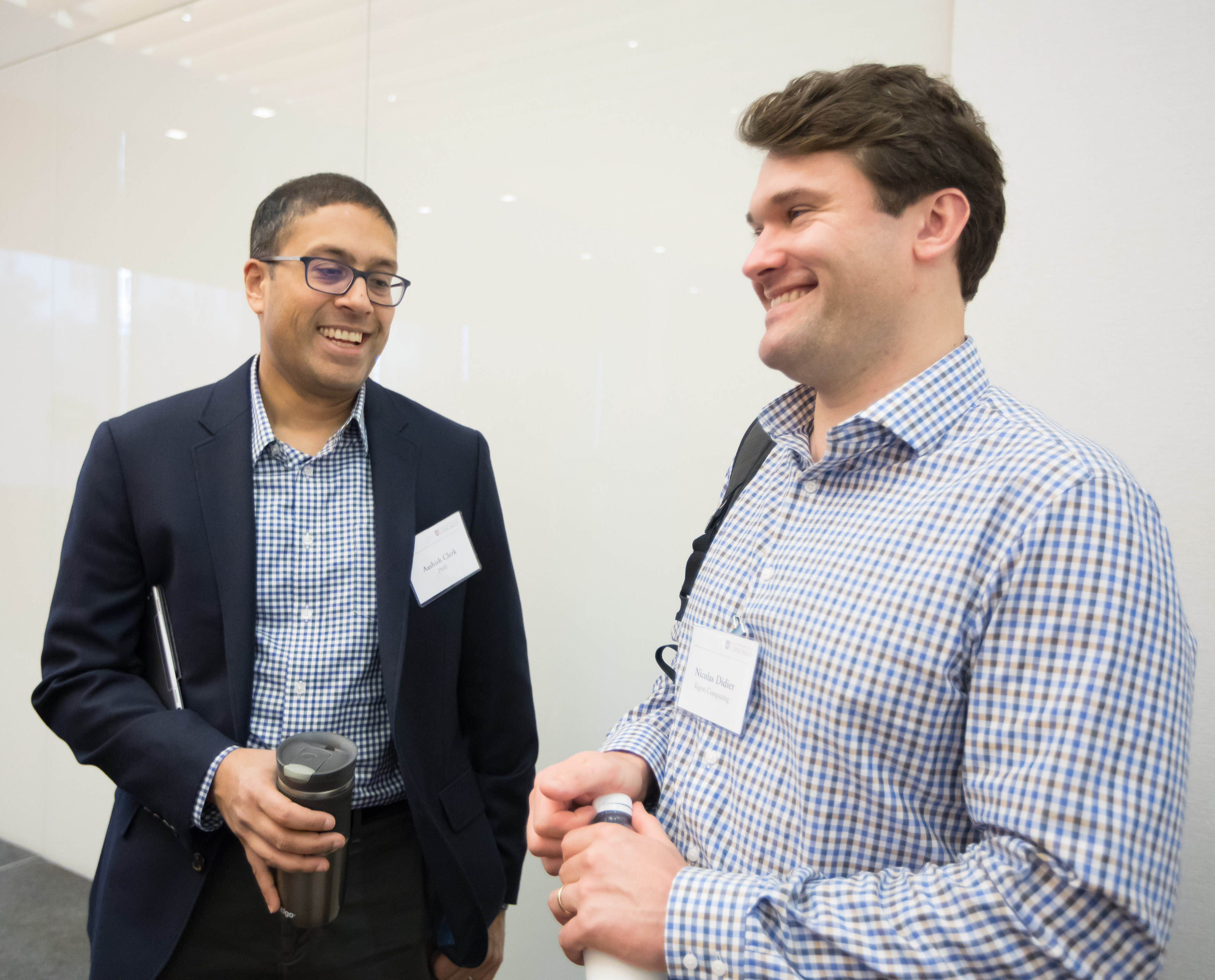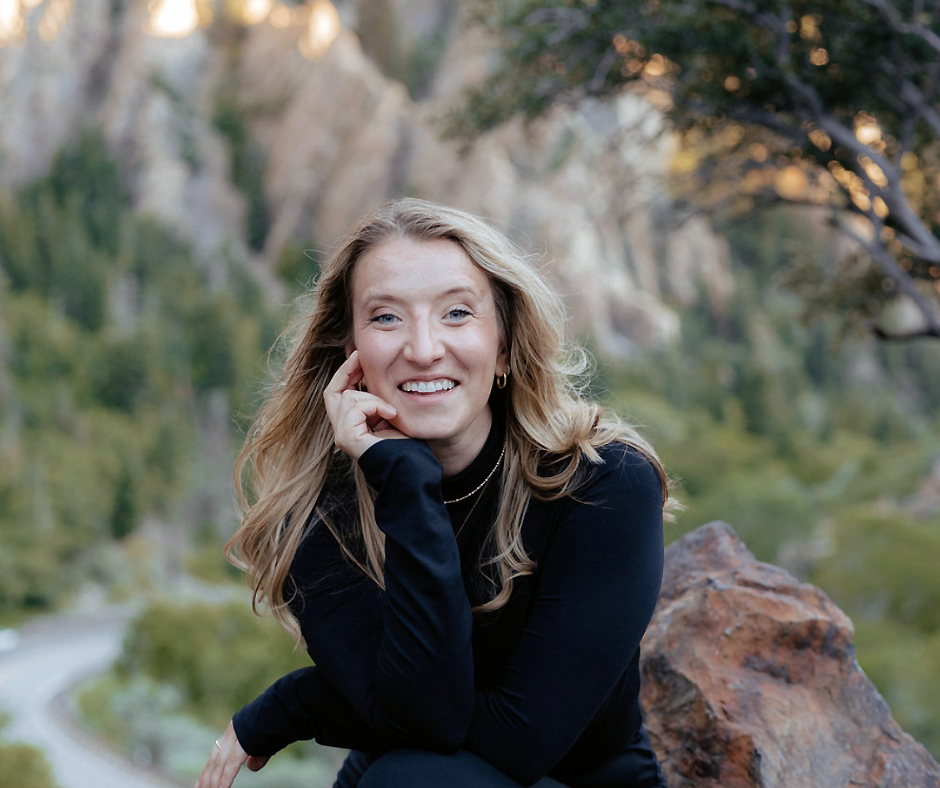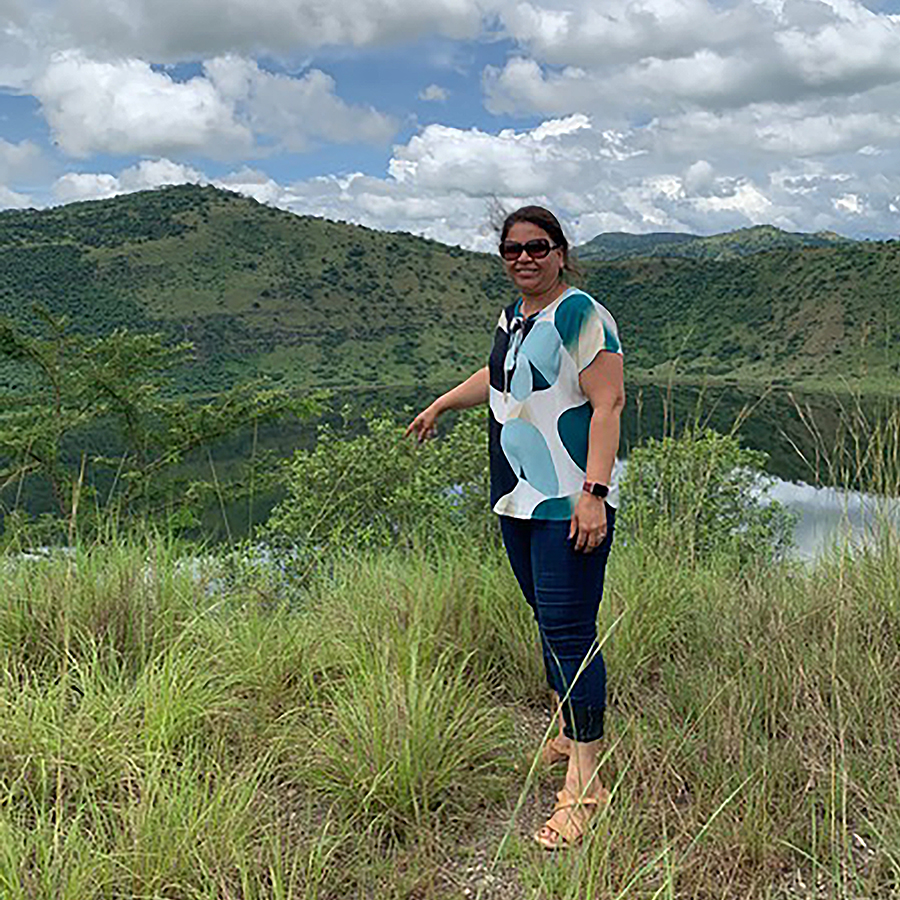Last fall, the Chicago Quantum Exchange launched the inaugural session of a new Certificate Program in Quantum Engineering and Technology.
The initial session of the four-day intensive program, which is taught by faculty from the University of Chicago Pritzker School of Molecular Engineering, brought together thirty-four career scientists and engineers seeking a deeper understanding of the basics of quantum information science and its applications.
When the Chicago Quantum Exchange announced the Certificate Program in Quantum Engineering and Technology, Jonathan Trousdale, chief technology officer at medical device company OrthoSensor, jumped at the chance to sign up.
“It was a brave thing to do for a prestigious university like University of Chicago because it’s the first program to transition quantum science into the hands of engineers and other professionals living outside academia in the commercial sector,” he says. “It allowed me to participate in a meaningful way in this oncoming shift towards quantum technologies.”
The need for a quantum-ready workforce with an understanding of applied quantum technologies expands to almost all sectors. Companies in the communications, electronics, optics, and materials industries, in particular, need employees with an understanding of this growing arena. In just quantum computing, the market is expected to nearly triple in size by 2024 to $830 million.
A few years ago, Trousdale came to the realization that he wanted a future in quantum science. “Classical technologies have essentially plateaued,” he explains. “There are no tidal-shifts happening in classical technology anymore—innovation is very much incremental. I realized that the real changes coming are going to be in quantum technologies, which go beyond the classical limit.”
Trousdale prized his participation for the insights it afforded him into this burgeoning field. “People who have the business maturity and experience to lead teams in commercializing quantum computing are going to be people who are doing it of their own initiative,” he says. “There’s not yet a typical path that’s laid out for a person to move into commercial applications of quantum computing and no trajectory where they can get there naturally.”
The desire for a better understanding of the applications of quantum technologies motivated many participants, including Dr. Ramin Sabry, a senior scientist in space radar science and technology at Defence Research and Development Canada.
“I was eager to see the practical applications of quantum science,” Dr. Sabry says. “While I was familiar with quantum theory, applying it was an eye-opener. Understanding quantum theory involves extensive pure physics and math—it’s hands-off, most of the time. Getting hands-on experience with quantum applications was exciting: observing the achievable measurement precisions offered by this technology and systems, variety of applications, and their limitations.”
Sabry plans to use the information he gained from the course in his current work, which focuses on sensing technology. “My agency is very interested in and has serious intention to move towards quantum science, and one of our strategic goals is to incorporate quantum devices into sensing and computing,” he explains, noting that quite a few of his colleagues across Canada also participated in the program. “It gave me an idea of how to accomplish some of my goals.”
While the field of quantum science is so new that the U.S. Bureau of Labor Statistics does not yet collect employment data on its practitioners, demand for a skilled workforce will rise accordingly. The University of Chicago will continue to bridge the gap between industry and the academy with the second quantum certificate program this spring.
This story was first published on the Chicago Quantum Exchange.





